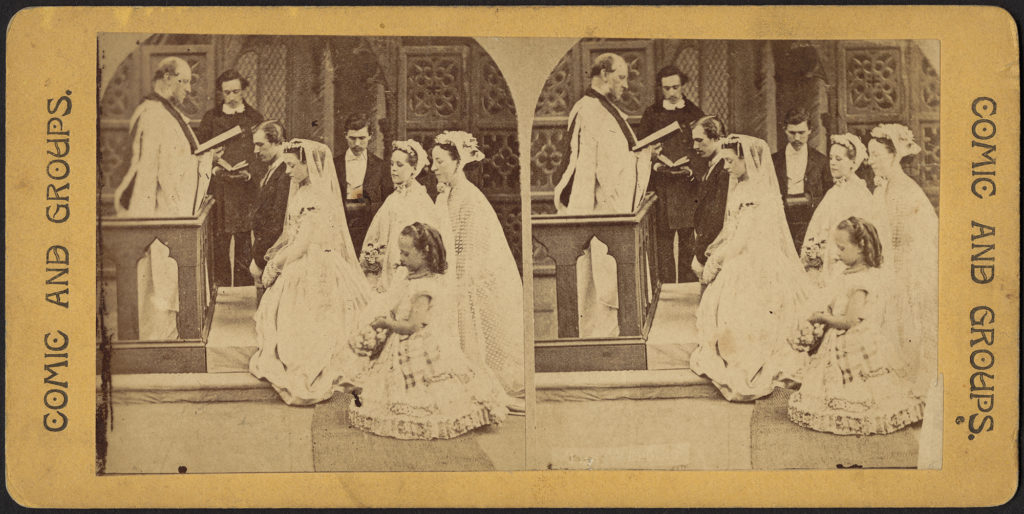Industry News
Supreme Court Declines to Review Case Arguing Protest Timing
TweetOct. 4, 2023
By:
Hannah B. Kreinik
The Supreme Court of the United States has declined to hear a case brought by Acquisition 362 appealing the Court of Appeals for the Federal Circuit decision from February. Unlike other courts the Supreme Court can choose whether to hear most cases litigants seek to bring before it. However, even the rejection is significant since it emphasizes how important it is that importers remain aware of whether their entries are liquidating and under what conditions.

In the Appeals Court case, the court upheld an earlier Court of International Trade decision dismissing the litigation because the importer’s protests were filed after the protest deadline. Without a valid, denied protest the courts did not have jurisdiction to hear the case.
The subject of the (attempted) protest was several shipments of passenger vehicle and light truck tires imported in 2016. The entries were subject to a countervailing duty case on the products manufactured in China. Although liquidation was originally suspended because the manufacturer was participating in the review of 2016 entries, the suspension was lifted in 2018 when the manufacturer withdrew from the administrative review. Customs then liquidated the entries as entered, under the current “All Others” rate of 30.61%.
When the review concluded Commerce listed new rates for specific reviewed companies, as well as a rate for specific, named non-review companies of 15.56%. The importer argued that one of the listed companies given the 15.56% rate was, in fact, the same company (with a different name) as the manufacturer of its imported tires. Consequently, the importer filed a protest. The protest was not submitted within the 180-day period after liquidation, but only after the final results of the agency’s review. Customs denied the protest as untimely and litigation followed.
The issue of timely protests comes up regularly in trade matters and has been addressed by the courts repeatedly. Specifically, the court cited the Carbon Activated Corp. case from 2015. In that case, the importer’s goods were erroneously liquidated by CBP in violation of a suspension order. However, the importer realized the mistake too late and did not file a protest within the statutory time limit. Similar to the importer here, the importer in Carbon Activated Corp. would have also received a lower rate of duty compared to the liquidated rate. The court held in Carbon Activated Corp. that the importer could have protested within 180 days, as required by the statute.
The takeaway for importers are several. First, it is important to keep track of liquidations and the terms under which entries are liquidating. The importer in this case arguably could have sought voluntary suspension of liquidation under 19 USC 1504(b)(2) to see how the administrative review ended. This may have preserved at least some entries for potential refunds. Second, importers must speak now (within 180 days of liquidation) or forever hold your peace under most conditions. If there are potential issues with an entry it is important to evaluate the issue well before the 180 day liquidation deadline.
The attorneys at Barnes, Richardson & Colburn can help your company with any protest issue and can file protests on your behalf.
